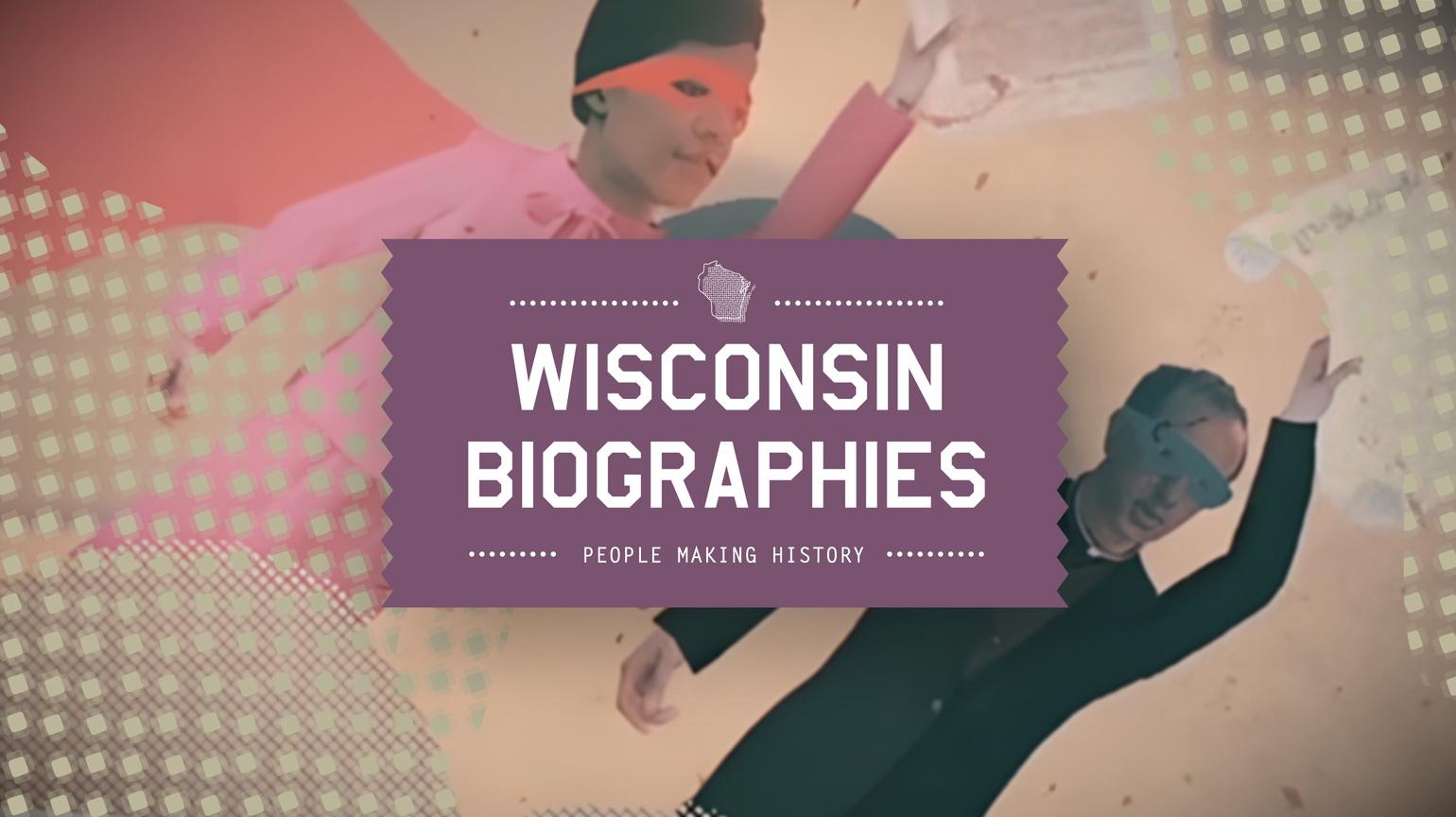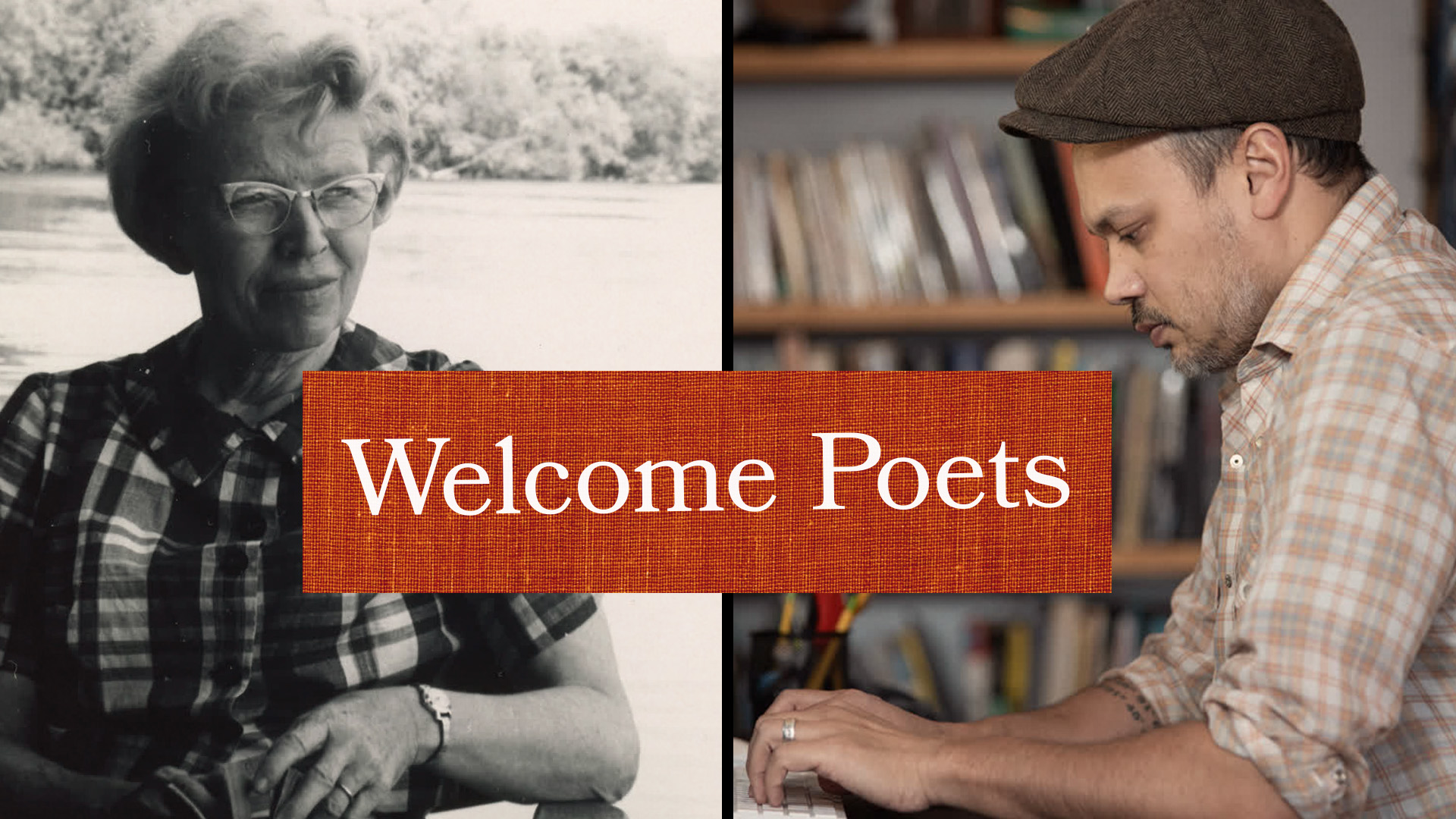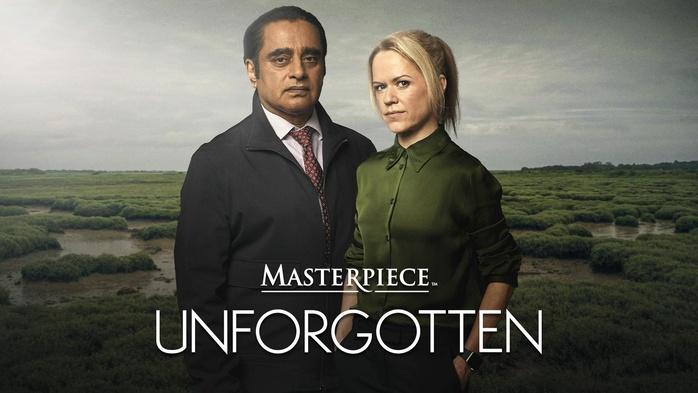Frederica Freyberg:
In other news, the controversy over the oil and gas pipeline through northern Wisconsin went before the public this week during the third of four contested case hearings across the state. In Ashland, the Bad River Band of Lake Superior Chippewa presented witnesses in their challenge of the permits the Wisconsin DNR granted to Canadian Enbridge Energy Inc. for a 41 mile reroute of the pipeline. Operational since 1953, Line 5, as it’s known, carries 23 million gallons a day from Superior to Ontario. The tribe had sued to remove the pipeline from its reservation lands after easements expired. And in 2020, Enbridge proposed rerouting part of the line around tribal lands. Late last year, the DNR granted permits for pipeline construction that impacts wetlands and waterways, as well as granting permits to maintain erosion control and water quality in the midst of construction that includes blasting bedrock and drilling. The tribe and environmental groups challenged those permits, resulting in the court ordered public hearings. Bad River tribal chairman Robert Blanchard was the first to take the stand. And chairman, thanks very much for being here.
Robert Blanchard:
Thank you for having me.
Frederica Freyberg:
So what did you most want the judge to know about the impacts of Line 5 and its reroute around the Bad River Reservation, but through nearby wetlands and water lands, what did you most want the judge to know about those impacts?
Robert Blanchard:
The reroute is going within the ceded territories of the band. And impact is going to be over 100 acres of wetlands, which, you know, will get disturbed. Thirty some acres of that will not be usable again through horizontal direct drilling, blasting, which is going to, you know, a lot of it’s going to impact our water resources.
Frederica Freyberg:
Now, I know, I know, the tribe wanted the pipeline removed from your land. Why isn’t rerouting it around the reservation proper enough?
Robert Blanchard:
All that will do is shift the risk upstream, exposing more of the environment to be put at risk than, than what is now. But, you know, like I said before, we have ceded territories where we do a lot of hunting and fishing and gathering of, of medicines and other, other stuff. So I mean that, that’s just going — it’s just moving the problem upstream. You know, we’re — we’ll be downstream from that. And if something were to happen, you know, it’s really impacts us as people and our way of life.
Frederica Freyberg:
Circling back to something you spoke to a moment ago during your testimony, you spoke about the wild rice harvest. Why is that and hunting and fishing rights you hold so key to your community?
Robert Blanchard:
Well, we’ve been harvesting wild rice on — in the Sokaogon Streus for over 100 years. You know, my grandparents brought — harvested down there, and they made rice camps down there. And, you know, so that, that’s near and dear to my heart and a lot of other people also, but it identifies us as, as people. You know, that, that — we were brought here for a reason. And, and one of the reasons is that to go where the food grows on the water, and that was the wild rice, and that is quite dear to us. And as far as other things, hunting, fishing and gathering, you know, there’s a lot of people today that, that use that resource to provide and put food on the table for their families. So it’s very important to us.
Frederica Freyberg:
Why are the waters and the land so important to the protection of those rights?
Robert Blanchard:
Well, we also feel that, you know, everything out there is sacred. You know, we, we use that, that, those resources and when we go and harvest and we go hunting or fishing, we take only what we need to do for our families. So and we also believe that, you know, that everything out there has a spirit. Every living thing out there has a spirit, you know. And that’s what we’re protecting is the spirit of that medicine, the spirit of that wild rice and the spirit of those waters and lands to be able for our future generations, to be able to enjoy that.
Frederica Freyberg:
For its part, Enbridge states that they have learned what they do today impacts the next seven generations. And it has — that it has a responsibility to care for the land. What’s your response to that statement from the CEO of Enbridge?
Robert Blanchard:
Well, I don’t think Enbridge really understands, you know, the — they look at it a lot different than we do. You know. They’re, they’re there for different reasons. And we’re there to, to protect the land, truly protect the land and the resources.
Frederica Freyberg:
Your Bad River Band is fighting hard over this. What will you do if the Line 5 project is allowed to proceed in this way?
Robert Blanchard:
Well, that’s a — that’s the big question. We are still trying to come up with some, some answers, and we’re just going to keep moving forward and keep fighting.
Frederica Freyberg:
We will be watching. Chairman Robert Blanchard, thanks very much.
Robert Blanchard:
Thank you very much for having me.
Search Episodes

Donate to sign up. Activate and sign in to Passport. It's that easy to help PBS Wisconsin serve your community through media that educates, inspires, and entertains.
Make your membership gift today
Only for new users: Activate Passport using your code or email address
Already a member?
Look up my account
Need some help? Go to FAQ or visit PBS Passport Help
Need help accessing PBS Wisconsin anywhere?

Online Access | Platform & Device Access | Cable or Satellite Access | Over-The-Air Access
Visit Access Guide
Need help accessing PBS Wisconsin anywhere?

Visit Our
Live TV Access Guide
Online AccessPlatform & Device Access
Cable or Satellite Access
Over-The-Air Access
Visit Access Guide
 Passport
Passport






Follow Us